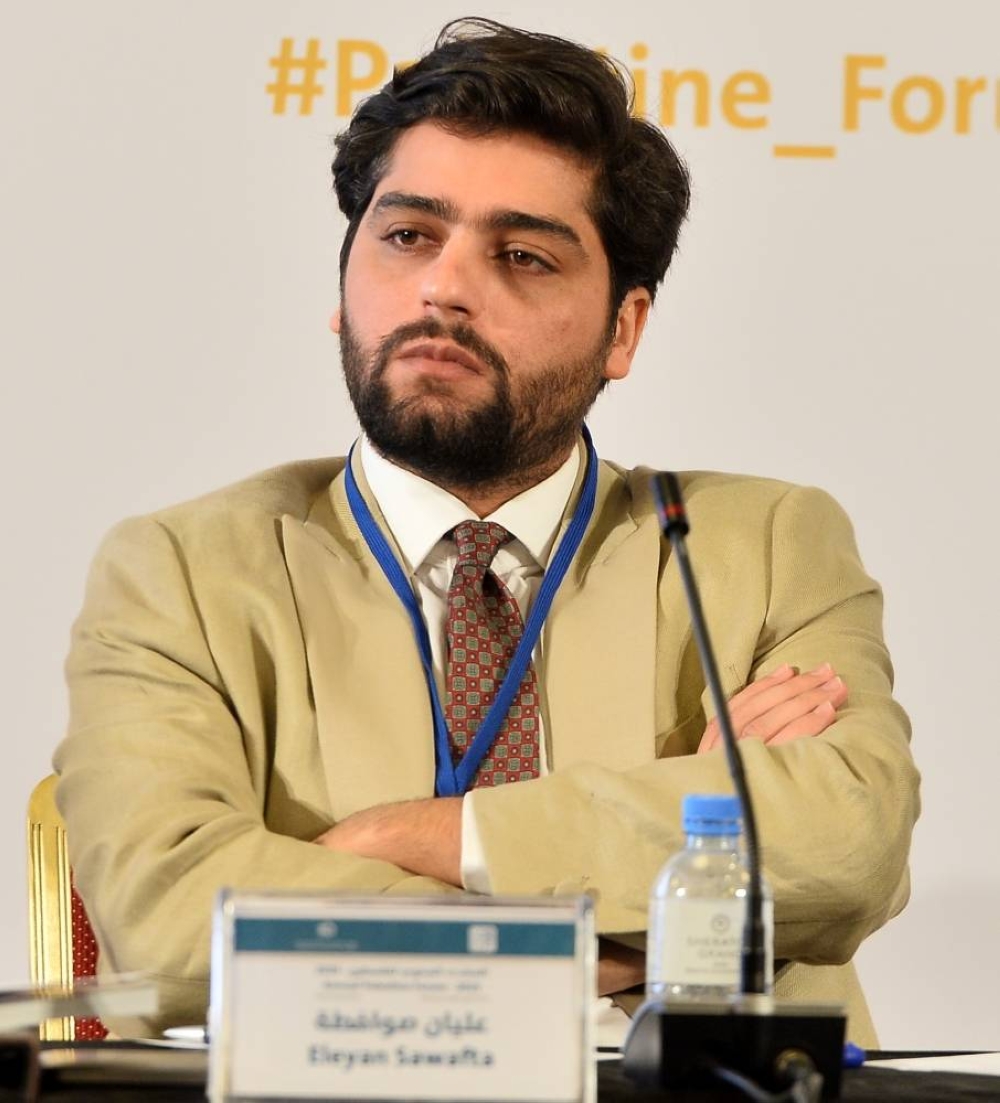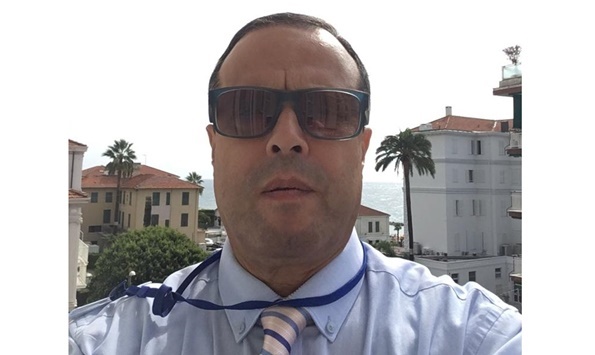Eleyan Sawafta, president of the C.O.N.F.L.I.C.T. Alliance, graduate research assistant at the University of North Carolina at Greensboro (UNCG)’s School of Education, and the 1990’s Palestinian generation’s representative, presented Sunday a paper on 'Development and Settler Colonialism: Perpetuating Neo-Colonial Domination and Apartheid', with his colleague Hasan Ayoub at the 2023 Annual Palestine Forum.
He spoke to Gulf Times on self-sufficiency under the occupation and continuation of resistance.
"I think this is a very important question,” Sawafta said. “I was born in 1990 and I experienced the peace process and the second Intifada, when everybody was in their homes for several weeks.”
“We did not go to schools, everybody was stuck at home, and the main issue was how to handle the situation and how we can understand our sustainability,” he said.
“It was easy and simple: people at that time had their own basic needs,” Sawafta continued. “I am from a farming family, my father is a farmer and he goes to his farm every day.”
“What is going on in Palestine is a land based struggle. If we understand the conflict from this angle, we can present our arguments about how we can improve our sustainability,” he said.
“How can we stand against this regime or settler colonialism?” Sawafta posed. “We need to understand ourselves outside the world order of public policies.”
“It does not work if we keep just talking about Bretton Woods institutions – the World Bank and the International Monetary Fund (IMF) – and World Bank policies,” he stated.
“Now, Palestinian people have their own basic needs and we suggest, in our paper, that we need collaborations and people-centred development,” Sawafta said.
“We should start from, for example, agricultural projects in designated areas,” he explained. “These lands are very important to keep fighting and resisting against settler colonialism.”
“Land is a key in this conflict, without which I think we lose the game, and we should work on this issue,” the scholar stressed.
“The entire agricultural sector is struggling now. My father tells me every day that he is under pressure and could be out of his land within two years,” he continued. “The (Israeli) colonisation (programme) is trying to push them in a silent way towards migration. They control water resources, and they entice them with money.”
“So, if you have an option between making either $25 or $150 a day, plus loans, and a very satisfactory economic situation, most likely you will choose second option,” Sawafta pointed out.
“This is what is happening now, they are trying to take our labourers, and they control water resources,” he reiterated. “Even though you have land, ideas to develop it, you do not have any tools to do whatever you want to achieve.”
“So after two or three years, you will give up and leave the land to them,” he said. “This is a very dangerous idea, and that is why we say that settler colonialism is a classic colonial regime and at the same time it is apartheid, it is neo-colonialism.”
“We need to understand the context, to understand the conflict first, and then we propose our ideas about development, what we should do and from where we should start,” Sawafta concluded.

Sawafta: We need to understand the context, to understand the conflict first, and then we propose our ideas about development, what we should do and from where we should start.

